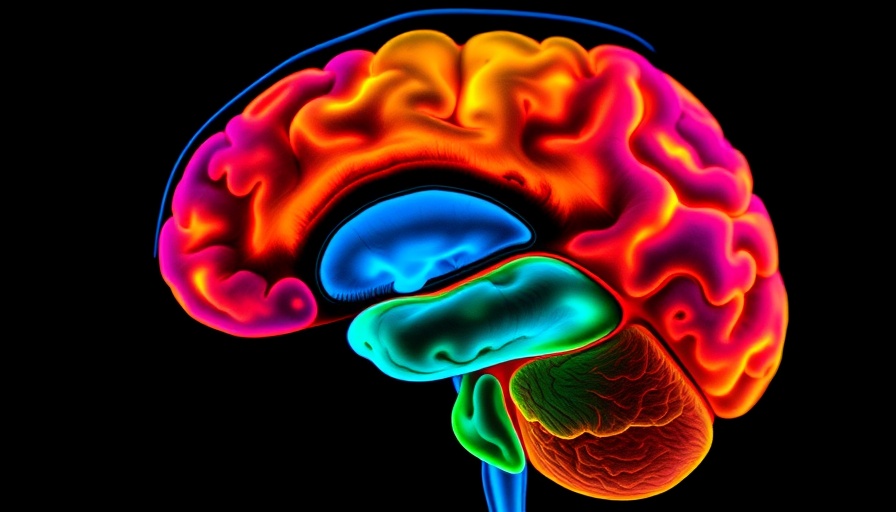
A Midlife MRI That Could Change How We Understand Aging
As we transition through life, the experience of aging can vary widely among individuals. While some age gracefully, mentally agile and physically spry, others may encounter physical frailty or cognitive decline surprisingly early. This variance raises an important question: how can we accurately gauge our aging process and potential future health issues?
The latest development from researchers at Duke University, in collaboration with Harvard University and the University of Otago, presents a promising advancement. They have created a novel brain scan tool that allows individuals to ascertain their aging rate, specifically designed for midlife patients. By analyzing a single MRI of the brain, this tool estimates an individual’s long-term risk for chronic diseases, including dementia, before symptoms manifest. This early detection can potentially be a game-changer for individuals hoping to adjust their lifestyles to mitigate health risks.
Understanding the Science Behind Aging
At the heart of this innovative aging clock is a rich dataset drawn from the Dunedin Longitudinal Study, which has tracked approximately 1,037 individuals since their birth in the early 1970s. This study uniquely positions the researchers to correlate how lifestyle changes and environmental factors impact the aging process over time.
Typically, previous models for calculating aging have relied on snapshot data from various age groups. Such methods often miss the distinctions between individuals who might have lived through different generational exposures, like the detrimental effects of leaded gasoline or smoking. By focusing on a single cohort over years, the Dunedin Study provides a clearer picture of how aging unfolds irrespective of those external historical influences.
The Impact of Early Detection on Future Health
The implications of this research are significant. For example, if individuals in midlife can understand their risks of developing age-related diseases like dementia, they can take early actions — whether dietary modifications, exercise routines, or other lifestyle adjustments — to potentially slow their decline. Researcher Ahmad Hariri emphasizes that capturing the aging rate in earlier life stages allows for more proactive approaches to health management.
Real-Life Testimonies and Experiences
A personal account shared by a participant in the Dunedin Study, now in their fifties, underscores the tool's potential benefits. "I knew my family history played a role in my health, but learning that my mind and body are aging faster was a wake-up call," they revealed. This insight prompted substantial lifestyle changes, including improved diet and increased physical activity, illustrating the tangible benefits of the research.
How This Research Aligns with Current Trends
This tool’s introduction aligns with growing public awareness about the importance of aging research and its societal implications. As the global population ages, the quest for managing longevity and quality of life is pivotal. Several initiatives already emphasize the importance of early detection in age-related diseases, underscoring how crucial it is to integrate technology, like the evolving MRI tool, in healthcare.
Key Takeaways and Future Directions
As we look forward, this initiative sheds light on the future of personalized medicine, tailoring preventive strategies based on individual aging rates. The goal is for this MRI tool to become a widely accessible resource within healthcare, enabling more individuals to empower their health decisions early on. Utilizing emerging technologies and deep data analysis can significantly advance our understanding of aging, ultimately enhancing life quality and longevity.
With innovative tools like the aging MRI now on the horizon, the first steps toward a healthier, longer life lie within our grasp. As technology and healthcare intertwine, opportunities to enhance personal health become more tangible and actionable.
To learn more and perhaps explore options for getting involved with research or utilizing such tools, keep an eye out for further advancements and ensure to have regular health check-ups.
 Add Row
Add Row  Add
Add 




Write A Comment